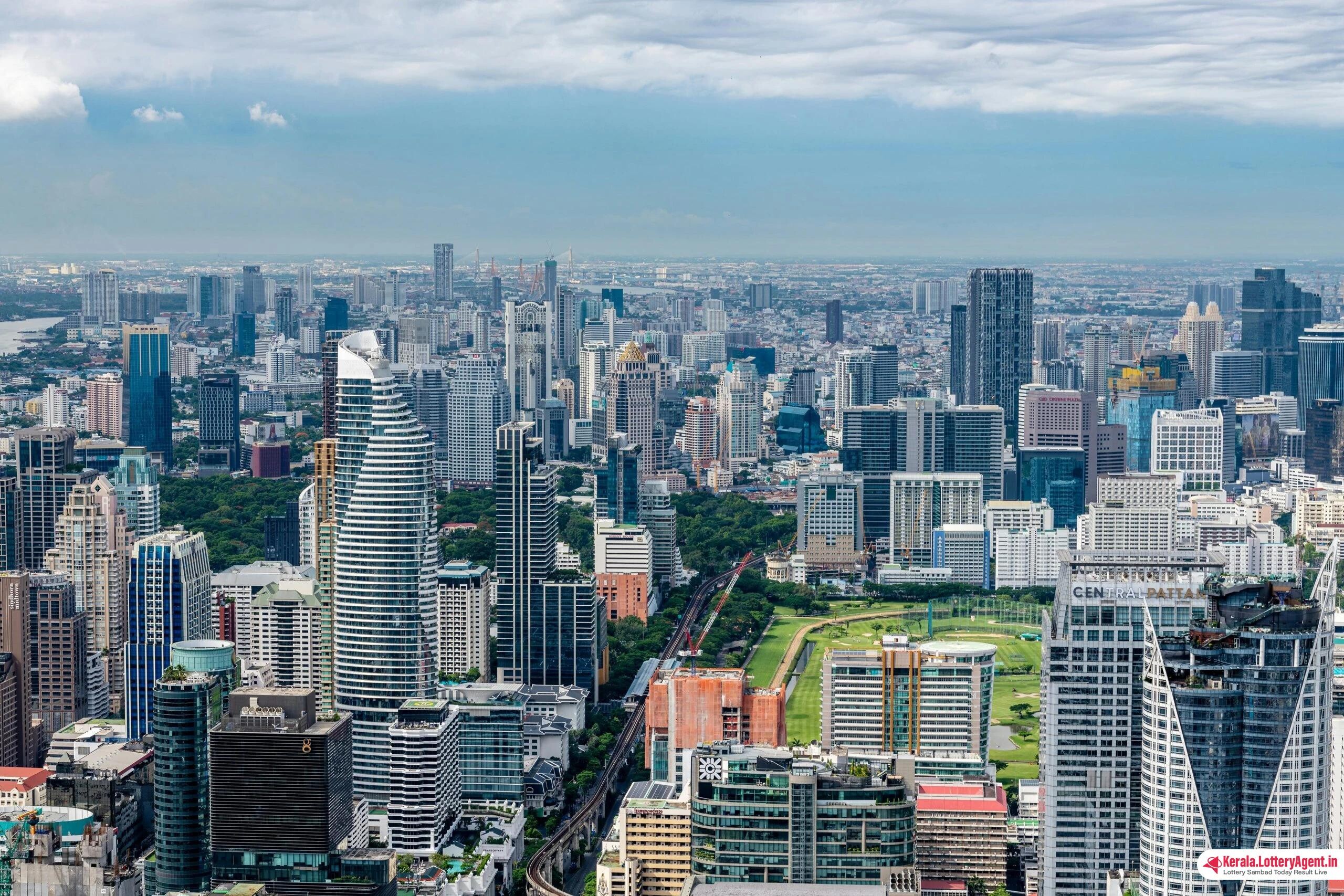
In what could be a pivotal moment for Thailand’s dynamic tourism and entertainment landscape, a crucial legislative stride was made on Thursday, March 28, when the nation’s House of Representatives cast a nearly unanimous vote favoring the legalization of casinos within extensive entertainment complexes. Out of 257 participating lawmakers, a resounding 253 backed the proposal that is now en route to the cabinet for its final stamp of approval.
Prime Minister Srettha Thavisin, a staunch advocate for this paradigm shift, stressed the considerable advantages of foreign investment associated with this proposal. “The entertainment complexes will enhance the country’s tourism industry,” Srettha confidently asserted. “We have squandered enough time and opportunities in the past. It’s high time the government capitalizes on this goldmine to bolster the economic prospects of our nation and its people.”
Thailand’s largely conservative Buddhist population has historically maintained a ban on most forms of betting. However, the recent push for casinos underscores Thailand’s ambition to rejuvenate its tourism sector, especially in the wake of the global pandemic. Renowned gaming industry leaders, such as MGM, Las Vegas Sands, and Hard Rock Asia, await with bated breath as they align themselves for what industry insiders, as reported by iGB, speculate could be a green light for integrated resort (IR) development within the next three years.
Parallel to thriving models in Singapore and Macau, a parliament-commissioned study from January 2023 envisions up to five “entertainment complexes.” Brick by brick, these planned havens would amalgamate casinos, hotels, retail spaces, convention hubs, and a smorgasbord of leisure elements. In a quest to amplify tax revenue, this blueprint, revealed via iGB, suggests the inclusion of sports betting and online gaming platforms as potential extensions of the market.
Nonetheless, the realization of this plan hinges on Thailand’s regulatory stance and the eagerness of international gaming operators to collaborate with Thai enterprises. As per Destination Capital CEO James Kaplan’s commentary to iGB, the likelihood of this gambit’s success is unprecedentedly high, marking a stark contrast to past flops. “We are navigating unchartered waters,” Kaplan noted. “With public debt accounting for 58% of GDP, the government’s resolve to find new revenue streams is firmer than ever.”
The country’s allure as both a regional business epicenter and a global tourism magnet, combined with a domestically ingrained gaming culture, poises Thailand to potentially mirror or even surpass the Filipino gaming boom. This trajectory was further prompted by a 2023 parliamentary discourse, which speculated the creation of specialized zones for IRs equipped with exemptions from the typically mandatory Thai ownership requirements. However, a possible waiver could enkindle dissension among the public, real estate magnates, border casino proprietors, and illicit gambling circles.
“The stage is set for Thailand to ascend as an elite gaming jurisdiction,” declared Spectrum Gaming Group’s managing director Frederic Gushin. But hurdles persist, particularly in navigating the regulatory terrain, as Thailand is currently rated 101st in Transparency International’s Corruption Perceptions Index.
Additional resistance stems from traditionalist factions, which include the Buddhist clergy and under-the-table casino operators. Furthermore, the political climate remains delicate with the largest parliamentary party currently sidelined from government roles. Adding to the complexity, the late King Bhumibol Adulyadej, who was vehemently against casinos, has passed, and contemporary polls indicate a shift in public opinion favoring legalization.
According to Shaun McCamley of EuroPacificAsia, nearly all stakeholders, including the current king and the Thai populace, are on board. This backing is complemented by major casino names eyeing the Thai market. Hard Rock International, Las Vegas Sands, and Galaxy Entertainment Group have signaled their interest in investing in Thailand, with Hard Rock Asia’s Edward Tracy particularly noting the strategic advantage of IRs in bolstering convention tourism, specifically in Bangkok and Phuket.
As international entities show immense interest and domestic support seems to coalesce, Thailand is on the verge of transforming its tourism industry and stepping into a new era of regulated entertainment, replete with the glitz and glamour of the casino industry. With eyes riveted on the nation’s next move, the potential and promise of Thailand’s casino legalization remain palpable, poised to redraw economic and cultural contours.












